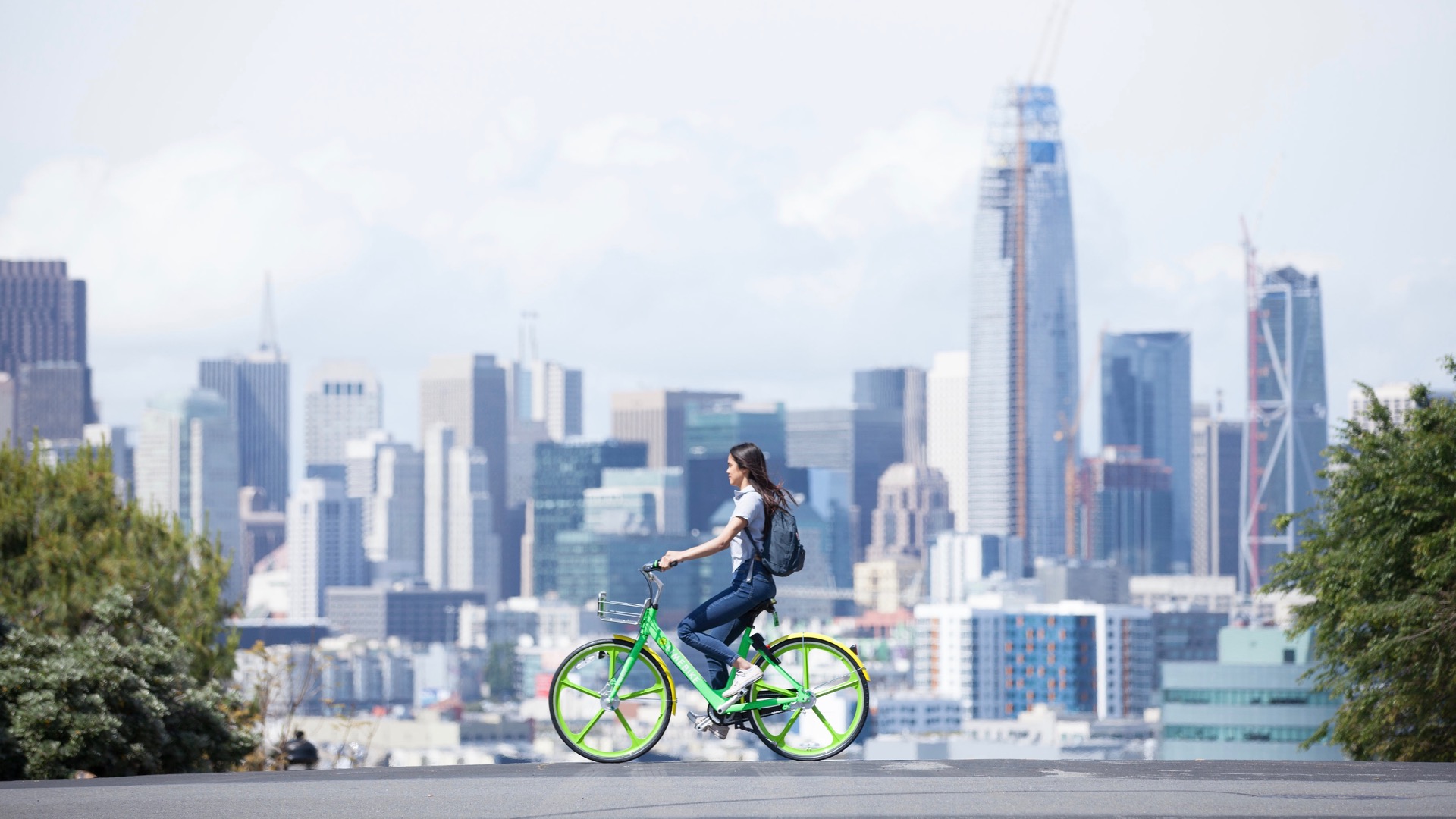

Last year saw shared bicycles and scooters proliferate across the United States, and Lime was one of the driving forces behind that. The bikes and scooters quickly earned a reputation as a nuisance, but Lime claims they are helping to reduce car use and, in turn, traffic and carbon emissions. In a blog post, the company said that one in three trips made on one of its two-wheeled vehicles replaced a trip that would have otherwise been taken in a car.
Based on surveys with data from 26 cities, Lime claims its riders have avoided 15 million miles of car travel and 6,220 metric tons (6,856 tons) of carbon emissions. The company also recently reported that use of its bikes and scooters has saved nearly 700,000 gallons of gasoline, which Lime says is equivalent to taking 1,320 cars off the road.
Lime claims to have racked up 50 million bike and scooter trips since launching its business in June 2017. That statistic exemplifies the explosive growth of bike- and scooter-sharing services over the past year. Lime now operates in over 100 global cities. Both it and rival Bird were valued by investors at around $2 billion apiece in 2018, and its business model has attracted attention from Uber and Lyft, which view bikes and scooters as a logical extension to their existing ride-hailing services.
Yet there are some signs that the bike- and scooter-sharing boom is slowing. Investor interest seems to have cooled and companies are finding that scooters have a fairly short lifespan, adding to operating costs. Municipalities are still working to deal with the influx of bikes and scooters, which are often left haphazardly on streets or ridden without care, leading to complaints from pedestrians.